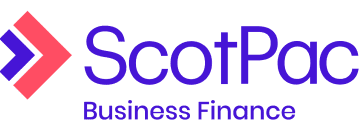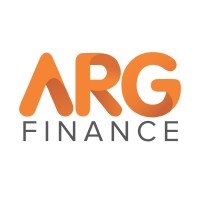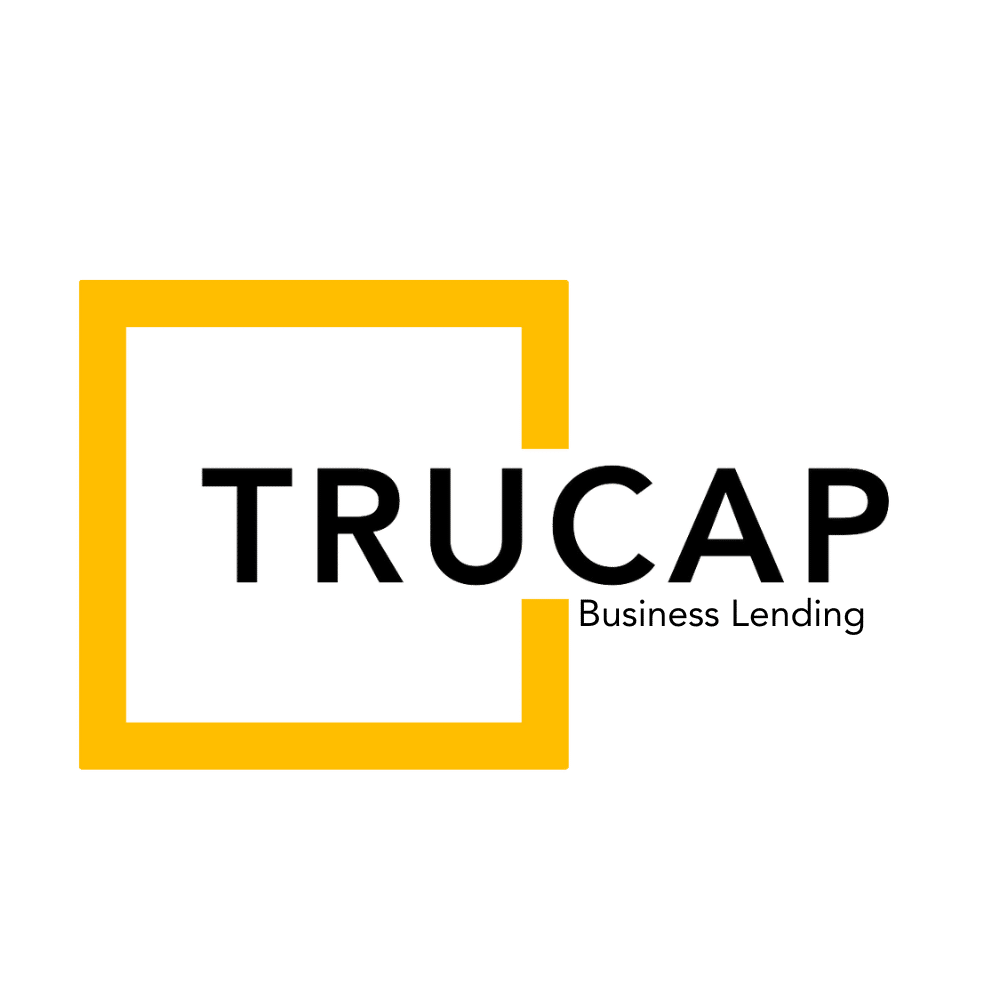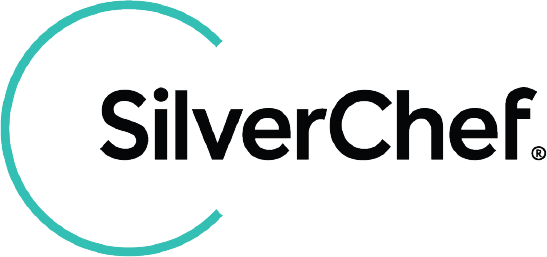Buying a commercial vehicle or valuable piece of equipment upfront isn’t always the best solution for businesses that need them. Plenty instead opt for a commercial leasing agreement, which allows them to use the asset without stumping up (or even buying it at all in some cases). There are two main options for businesses here: finance leases and operating leases. So, how are they different and which one is best for your situation?
Finance leases vs operating leases: explained
| Finance lease | Operating lease | |
|---|---|---|
| Ownership lies with: | Lessor, until being transferred to lessee after residual is paid | Lessor at all times |
| Usage requirements are: | At least 51% commercial | At least 51% commercial |
| Residual is: | Included | Not included |
| At the end of the lease, you can: | Buy the asset Sell/trade in the asset Refinance the residual and extend the lease | Return the asset to the lessor |
| Lease terms range from: | One to five years | One to five years |
| Assets you can lease include: | Commercial and non-commercial vehicles and equipment | Road vehicles |
| On-road costs: | Can be included (fully maintained) or excluded (non-maintained) | Can be included (fully maintained) or excluded (non-maintained) |
| Tax deductions include: | Lease payment, GST on the asset purchase and other on-road costs (subject to your business usage) | Lease payment, GST on the asset purchase and other on-road costs (subject to your business usage) |
What is a finance lease?
A finance lease is an arrangement where you rent your asset for a set period before buying or selling it. Your lease provider purchases the asset and gives you access to it for a set term, at the end of which you’ll have to pay the residual (more on that in a bit). Once this is paid, ownership of the asset is transferred to your business.
Terms can range from one to five years in length, while the cost of your payments will vary depending on how long you’re leasing your asset, the value of the asset and your leasing company’s other charges, such as interest and fees.
How do finance lease residuals work?
As mentioned, finance leases come with residuals at the end of the payment term. This is a lump sum which, upon being paid, officially concludes your lease and transfers responsibility of the asset to your business. The options available for dealing with the residual are:
- Paying the residual out of pocket and purchasing the asset
- Selling or trading in the asset, using the money to pay the residual, and ending the lease
- Selling or trading in the asset, using the money to pay the residual, and starting a new lease
- Refinancing the residual and extending your lease by up to two years
The ATO sets a minimum required residual value that leasing companies must follow. These values change depending on the length of your lease and are as follows:
| Lease term | Minimum residual value |
|---|---|
| 12 months | 65.63% of purchase price |
| 24 months | 56.25% of purchase price |
| 36 months | 46.88% of purchase price |
| 48 months | 37.50% of purchase price |
| 60 months | 28.13% of purchase price |
For example, a 2026 Toyota HiLux Single Cab Workmate 4×4 starts from $40,965. A three-year finance lease would mean you’d have to pay at least $19,204 at the end of your term, while a five-year lease for this model would have a minimum residual value of $11,523.
What makes your lease a finance lease
One way of determining whether your lease is going to be a finance or operating lease is by following the guidelines set out in IFRS 16 Leases. If the following is true of your agreement, it’ll be classified as a finance lease:
- Ownership of the underlying asset is transferred to the lessee (your business) by the end of the term
- The lease agreement comes with an option for the lessee to purchase the underlying asset at a price lower than its fair market value to the extent that it’s nearly certain this option will be exercised
- The present value of lease payments accounts for most, if not all, of the fair market value of the asset from the inception of the lease
- The term of the lease spans the majority of the asset’s economic life
- The specialised nature of the asset means that the lessee is the only one that can use it without significant modifications taking place
What is an operating lease?
Operating leases are very similar to finance leases, but with several key differences. Perhaps the biggest is that there’s no transfer of ownership of the asset to you at the end of your lease. Operating leases don’t have residual values, so all you’ll have to do is hand back your asset at the end of the lease.
This makes operating leases more suited to businesses that only need to use them for a short period or like to refresh their vehicles or equipment regularly. They’re the most common option in Australia today. However, it’s worth noting that the selection of assets you can lease is generally limited to road vehicles like cars, buses and trucks.
Fully maintained leases vs non-maintained leases: explained
When you take out your commercial lease, whether finance or operating, you can choose between a fully maintained lease and a non-maintained lease. Here’s how each of those products work:
Fully maintained lease
Fully maintained leases are lease agreements where the on-road costs are included in your payments. On-road costs are organised by your leasing company on your behalf, so you won’t have to worry about managing these expenses yourself. Some of the common inclusions for fully maintained car leases are:
- Comprehensive insurance
- Fuel
- Roadside assistance
- Servicing and maintenance
- Tyre replacement
- Vehicle registration
The big benefit of going down this road is that you’ll save yourself time and effort by outsourcing the admin related to running your car or equipment.
Non-maintained lease
On the other hand, opting for a non-maintained lease means you’ll be managing these costs yourself. You’ll obviously be required to spend more time doing this, but your payments themselves will be cheaper, given that those costs are taken out. You might also be able to save money by having a greater say in things like your insurance policy and maintenance, as well as only paying for the petrol you need.
Which lease is best for my business?
Whether one option is better for you than another will ultimately come down to your business and what you’re looking to get out of it. Here are some factors to keep in mind:
- Operating leases generally aren’t available for equipment
- If you’re looking for short-term leasing with regular updates to your assets, operating leases allow you to do this more easily
- If you want to keep the option of buying your work vehicle or equipment open but don’t want to buy it outright, finance leases enable you to do that
You can speak with one of our friendly commercial finance brokers to find out more about the options available to you as a business owner. Simply fill out our no-obligation quote form and we’ll be in touch to walk you through the options on offer!
- ATO Interpretative Decision - Australian Taxation Office
- IFRS 16 is ‘business as usual for lessors’ but creates complexity for subleasing arrangements - BDO Australia

























